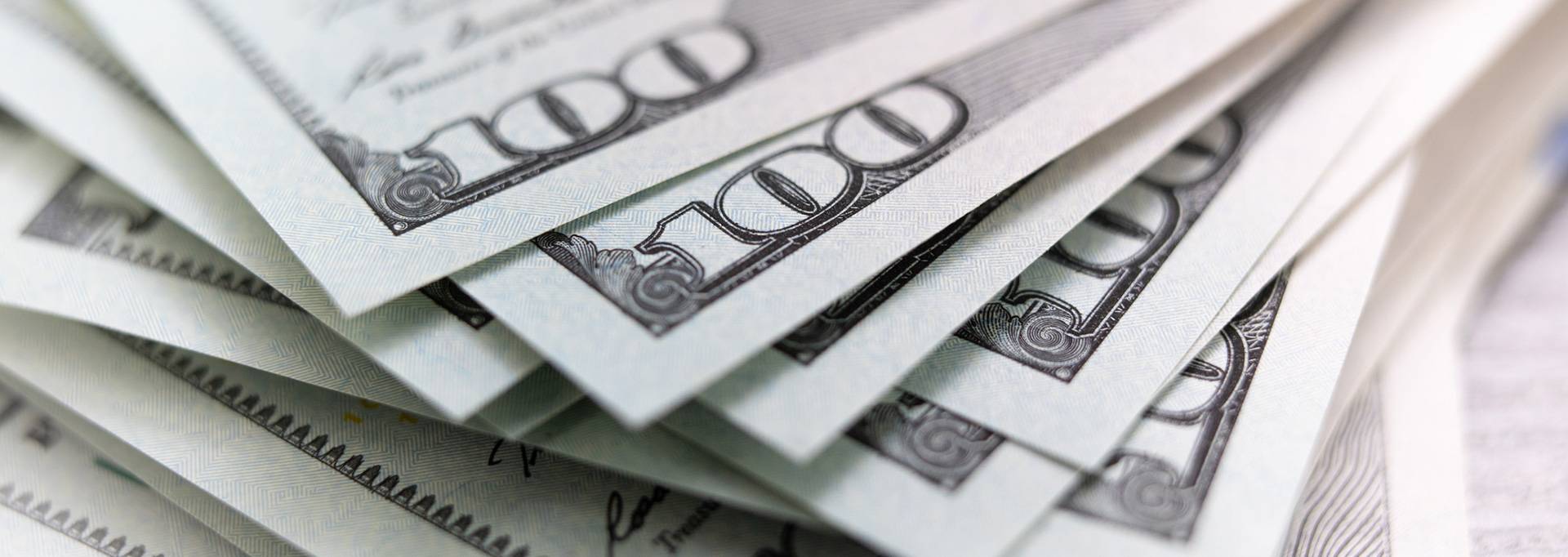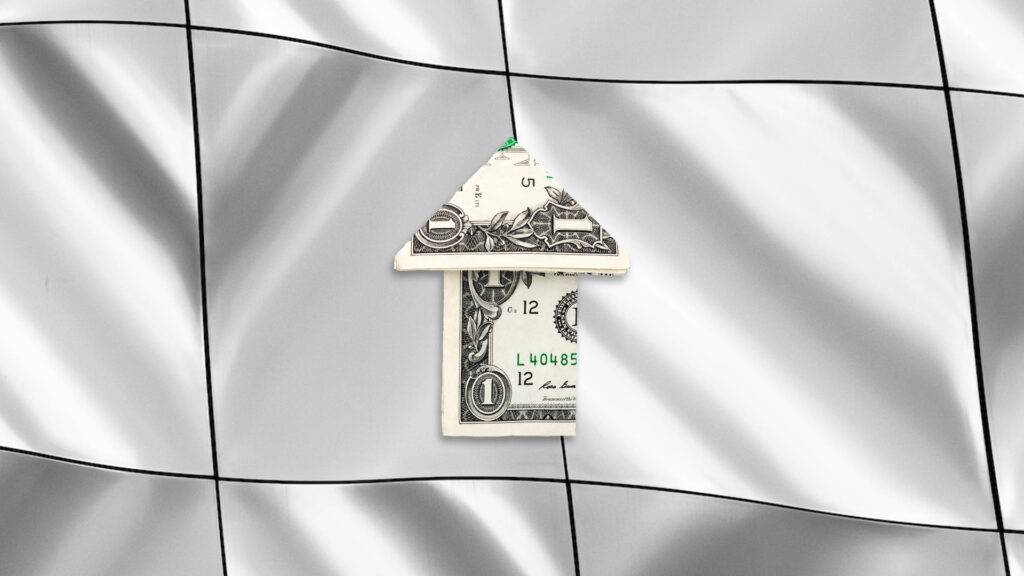Most products on this page are from partners who may compensate us. This may influence which products we write about and where and how they appear on the page. However, opinions expressed here are the author's alone, not those of any bank, credit card issuer, airline or hotel chain. This page may include information about American Express products currently unavailable on Slickdeals. American Express is not a partner of Slickdeals.
Personal loans come with repayment terms that average between two to seven years, which is how long you have to repay your loan. Your fixed monthly payments are spread out through the repayment duration, and the terms you choose matter. Here’s how to pick the right one based on your loan and budget.
How to Choose the Right Personal Loan Term
When looking into repayment terms for your personal loan, it’s important to consider all the factors that come into play, like your interest rate, fees (if any), and when you get your money into your account.
1. Interest Rate
Your interest rate is what you pay your lender for borrowing the loan. Most personal loans are unsecured, meaning you’re evaluated for eligibility primarily based on your credit score and history.
The higher your credit score, the lower your potential interest rate. The lower the interest rate, the less you’ll pay on top of the principal amount. Alongside that, longer repayment terms mean you’ll pay more in total interest.
Here’s an example of what your interest payments will look like depending on the loan term:
| Loan amount | Loan terms | Monthly payment | Interest rate | Total interest paid |
|---|---|---|---|---|
|
$10,000 |
3 years
|
$304 |
6% |
$951.88 |
|
$10,000 |
5 years
|
$193 |
6% |
$1,599.68 |
|
$10,000 |
7 year |
$146
|
6% |
$2,271.13 |
2. Fees
The more personal loan fees you could face, the costlier your loan. For instance, if you have an origination fee, that amount gets added into the total amount you’ll need to repay, even though you didn’t see that money when you took out your loan. Take a look at all the various fees charged by the lender when you’re comparing offers.
3. Your Budget
Your monthly payments will vary depending on your repayment term and interest rate, so you'll need to decide what you can afford. The longer the loan term, the smaller the payments will be. Conversely, a shorter loan term means bigger monthly payments.
Avoid stretching yourself thin, as that could put you in a cycle of debt. Make sure you have enough funds to not only afford your monthly payments, but that you're also able to set aside some money in an emergency fund.

The Best Personal Loans of October 2025
Short Repayment Terms: Pros and Cons
Short repayment terms are a good idea if you can afford to make larger monthly payments on your loan and you want to limit how much total interest you pay over the life of your loan.
Pros
- Less overall interest paid. The faster you can pay off your personal loan, the less you’ll pay in interest compared to longer terms.
- Free up money faster. Once you’re done making payments on your personal loan, you can start keeping more money in your pocket. The longer you make payments, the longer your income is tied to that debt.
Cons
- Higher monthly payments. The shorter your repayment terms, the higher your monthly payment will be. Unfortunately, not everyone has the budget for higher monthly payments, which can cut into other needs, whether money for groceries or saving up for an emergency.
- Possible prepayment penalty. If you pay off your loan much faster than even your repayment terms outline, there’s a chance you could face a prepayment penalty, or a charge for paying off your loan sooner than your terms outline.
Long Repayment Terms: Pros and Cons
Long repayment terms are a good idea if you need smaller monthly payments and you’re working with a tight budget. Here are some pros and cons to keep in mind before committing to a longer repayment term.
Pros
- Smaller monthly payments. The longer your repayment terms, the less you’ll pay in monthly installments. That frees up more money to go to other things, whether paying down debt or staying current on your bills.
- Potentially pay off your loan sooner. With smaller monthly payments, you might get the chance to use any extra cash to pay off your loan. For instance, if you got a bonus at work, you could put a chunk of that towards your personal loan payment. You could also pay more than the minimum every month to pay off your loan faster than your loan terms outline.
Cons
- More total interest paid. The longer your repayment terms, the more total interest you’ll pay over the life of your loan.
- Fewer lender options. If you want really long repayment terms, you might only have a select few lenders to choose from. And with that, you’ll have to make sure you’re eligible with each lender to qualify. If you don’t have stellar credit or don’t meet the requirements, you might not be eligible for a personal loan and that can significantly limit where you borrow a personal loan from.
Which Loan Term Is Right for You?
When deciding on a personal loan term, it's important to examine your monthly budget and what you can afford. Short-term personal loans tend to have higher monthly payments, but you can save a lot more in interest costs with a shorter loan. Longer-term personal loans have smaller monthly payments, but the drawback is that you pay more in interest.
 Related Article
Related Article
How to Prequalify for a Personal Loan, and Why It Can Be a Good Idea
FAQs
-
Your loan term choice depends on your budget and what works best for you. Longer repayment terms might be best if you can’t afford high monthly payments. On the other hand, shorter repayment terms are worth exploring if you want to pay off your loan as soon as possible.
-
Each lender is different in what they offer in personal loan repayment terms. Some offer only a few repayment terms and stop at 5 or 6 years. Others might offer upwards of 7, 10, or 12 years.
-
This depends on what’s comfortable for your budget. If you can make payments on your loan as well as other needs, then you should try to pay off your loan as soon as you can. If you don’t want or can’t afford high monthly payments, longer repayment terms are a better option than short repayment terms.
-
One factor in your credit score calculation is the length of your credit history. It makes up 15% of your total score and the longer you have an open account, the more favorable you look to potential lenders when it comes time to take out a loan or open a credit card. If you open a lot of new accounts within a couple of years, that could be a red flag to potential lenders, which is why the length of your personal loan could impact your score.
















